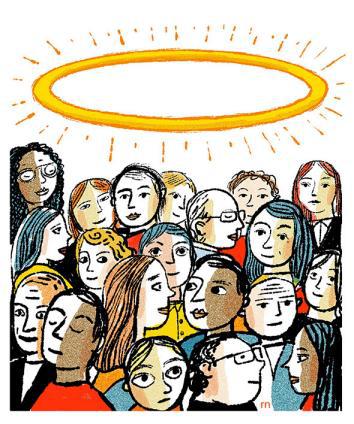 Thorson, K. R., and others.
Thorson, K. R., and others.(2020). Group Processes & Intergroup Relations.
https://doi.org/10.1177/1368430219890909
Abstract
Many of the most important decisions in our society are made within groups, yet we know little about how the physiological responses of group members predict the decisions that groups make. In the current work, we examine whether physiological linkage from “senders” to “receivers”—which occurs when a sender’s physiological response predicts a receiver’s physiological response—is associated with senders’ success at persuading the group to make a decision in their favor. We also examine whether experimentally manipulated status—an important predictor of social behavior—is associated with physiological linkage. In groups of 5, we randomly assigned 1 person to be high status, 1 low status, and 3 middle status. Groups completed a collaborative decision-making task that required them to come to a consensus on a decision to hire 1 of 5 firms. Unbeknownst to the 3 middle-status members, high- and low-status members surreptitiously were told to each argue for different firms. We measured cardiac interbeat intervals of all group members throughout the decision-making process to assess physiological linkage. We found that the more receivers were physiologically linked to senders, the more likely groups were to make a decision in favor of the senders. We did not find that people were physiologically linked to their group members as a function of their fellow group members’ status. This work identifies physiological linkage as a novel correlate of persuasion and highlights the need to understand the relationship between group members’ physiological responses during group decision-making.







